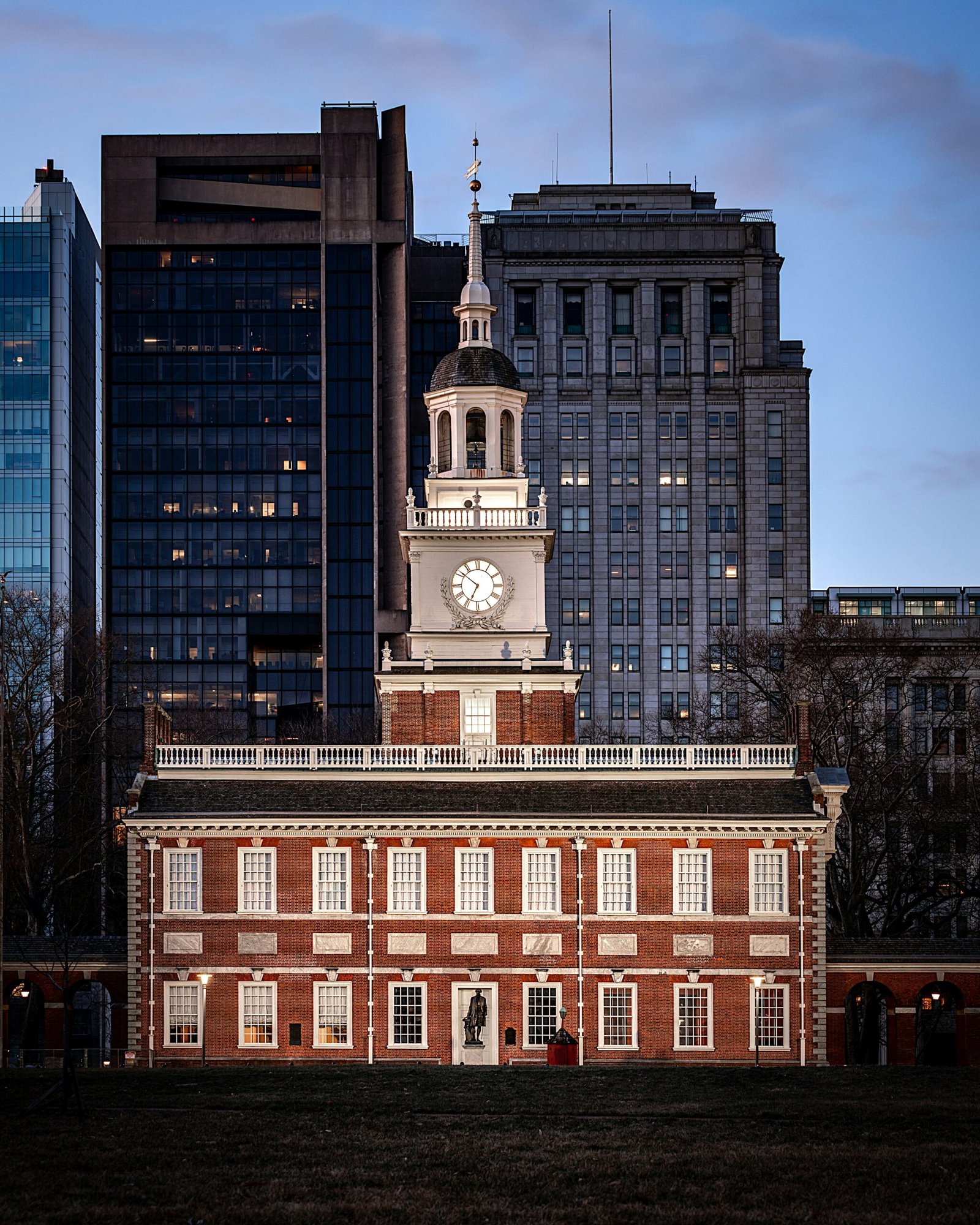The Declaration of Independence: A Historic Document
The Declaration of Independence is a historic document that holds great significance in the history of the United States. This document, adopted on July 4, 1776, declared the thirteen American colonies as independent states, free from the rule of the British Empire. It is a powerful symbol of freedom and the birth of a new nation.
The Declaration of Independence was drafted by a committee consisting of Thomas Jefferson, John Adams, Benjamin Franklin, Roger Sherman, and Robert R. Livingston. Thomas Jefferson is credited with writing the majority of the document, which was then revised and approved by the Continental Congress.
The Importance of the Declaration
The Declaration of Independence not only declared the independence of the American colonies but also outlined the fundamental principles upon which the new nation would be built. It stated that all men are created equal and are endowed with certain unalienable rights, including life, liberty, and the pursuit of happiness. These principles have become the cornerstone of American democracy and have influenced democratic movements around the world.
The Declaration of Independence also listed a series of grievances against King George III, who had violated the rights of the colonists. It served as a justification for the American Revolution and inspired the colonists to fight for their freedom.
The Legacy of the Declaration
The Declaration of Independence has had a lasting impact on the world. It inspired other nations to fight for their independence and establish their own democratic governments. The principles of the Declaration, such as equality and individual rights, continue to shape political discourse and influence policies to this day.
Every year, on July 4th, Americans celebrate Independence Day to commemorate the adoption of the Declaration of Independence. It is a day of reflection, gratitude, and celebration of the freedoms and rights that the document represents.
Public Holidays in Venezuela: April 19th
In Venezuela, April 19th is a public holiday known as “Día de la Independencia” (Independence Day). It commemorates the day when Venezuela declared its independence from Spain in 1810.
The events leading up to the declaration of independence began in Caracas, the capital of Venezuela, where a group of local patriots formed a junta to govern the country in the absence of the Spanish authorities. This marked the first step towards independence from Spanish colonial rule.
The declaration of independence was not achieved immediately, and Venezuela went through a series of conflicts and struggles before finally gaining its independence on July 5, 1811. Nevertheless, April 19th is still recognized as a significant date in Venezuelan history.
On this day, Venezuelans celebrate their independence with parades, fireworks, and various cultural activities. It is a time for Venezuelans to reflect on their history, honor their heroes, and reaffirm their commitment to freedom and independence.
Conclusion
The Declaration of Independence and the public holiday in Venezuela on April 19th both hold great historical and cultural significance. They remind us of the importance of freedom, independence, and the struggles that nations have faced to secure their rights and liberties.
Whether it is the birth of a new nation or the fight for independence from colonial rule, these events shape the course of history and serve as a reminder of the values that we hold dear. They remind us that the pursuit of freedom is a universal aspiration that transcends borders and cultures.
So, as we reflect on the Declaration of Independence and the public holiday in Venezuela, let us remember the sacrifices made by those who fought for freedom and continue to strive for a better future.





